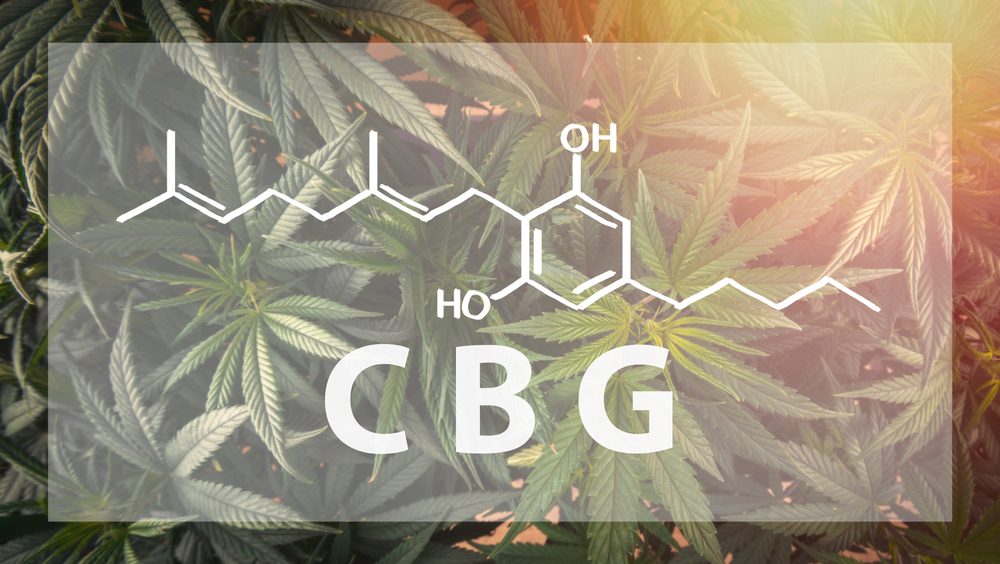CBD & CBG
The craze about cannabis is just getting started, and more and more people are curious about its effects. Two of the most discussed cannabinoids are cannabidiol (CBD) and cannabigerol (CBG). Both cannabinoids are present in cannabis plants and are non-intoxicating. Despite these similarities, each cannabinoid is unique. This article will discuss the features and differences between these two cannabinoids.
What is CBD?
CBD is a non-psychoactive compound found in the cannabis plant (marijuana or hemp). The cannabinoid, being non-psychoactive, cannot give you the feeling of being high.
Sources of CBD
There are two primary sources of CBD: the marijuana plant and the hemp plant. There are numerous marijuana strains with varying tetrahydrocannabinol (THC) levels. On the other hand, the hemp plant contains less than 0.2% THC. Given the low THC levels in the hemp plant, it is the best plant for the extraction of pure CBD.
What is CBG?
CBG is a non-psychotic cannabinoid from the cannabis plant, which means it cannot give you the feeling of being high. CBG levels vary in different varieties of cannabis, but are typically extremely low, making it hard to extract.
What are the major differences between CBD and CBG?
Here are the primary differences between CBD and CBG:
Affinity for cannabinoid receptors
Another difference between CBD and CBG is their affinities for cannabinoid receptors. CBD has a low affinity for cannabinoid receptors, yet its effects are highly complex. On the other hand, CBG has a high affinity for CB1 and CB2 cannabinoid receptors. The high affinity for cannabinoid receptors makes CBG effective in managing numerous health conditions.
Percentage levels in the cannabis plant
The CBD levels in the hemp plant do not change, unlike CBG. As the cannabis plant matures, the CBGA is converted into THC and CBD, leaving the CBG levels extremely low. Experts, therefore, recommend harvesting the hemp plant during its early stages to extract more CBG.
What are the similarities between CBD and CBG?
The following are the most significant similarities between CBD and CBG:
They share a common source
Both CBD and CBG share a common primary chemical compound, cannabigerolic acid (CBGA). As the plant matures, the CBGA disintegrates into CBCA, THCA, and CBDA, with a small percentage of CBGA remaining behind. When the decarboxylation process takes place, the THCA, CBDA, CBCA, and CBGA disintegrate further into THC, CBD, CBC, and CBG, respectively.
They are both non-psychoactive
Both CBD and CBG are not psychoactive and therefore cannot give you the feeling of being high, even though they interact with the endocannabinoid system (ECS).
They both give entourage effects
A combination of CBD and CBG gives entourage effects. Therefore, instead of separating the two cannabinoids into isolates, it is recommended to combine them in order to get an entourage effect.
Discover all Pharmahemp drops here.



